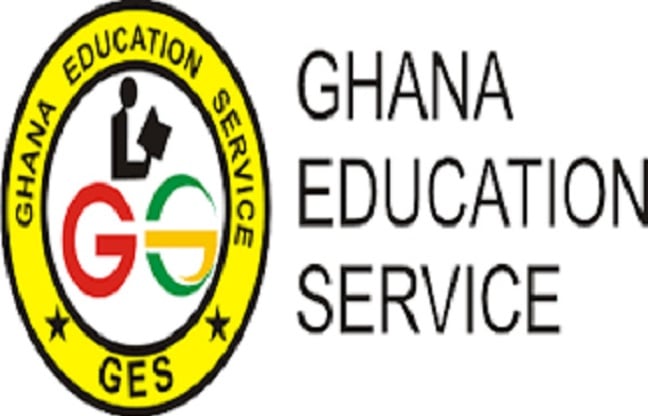The Ghana Education Service (GES) has announced the nationwide reinstatement of Parent-Teacher Associations (PTAs) in all pre-tertiary institutions, acting on a directive from President John Dramani Mahama. This decision marks a significant shift in educational policy, emphasizing the importance of parental and community involvement in shaping the educational landscape. The move aims to revitalize grassroots participation, fostering a collaborative environment where parents, teachers, and communities work together to enhance the quality of education provided to Ghanaian learners. The GES has instructed all heads of public senior high, technical, and STEM schools to immediately reactivate PTA structures, signifying the urgency and importance of this initiative.
The reinstatement of PTAs is expected to bridge the gap between educational institutions and the communities they serve. By actively involving parents in the educational process, the GES aims to create a more responsive and accountable system. This participatory approach recognizes that parents possess valuable insights into their children’s learning needs and can contribute meaningfully to the creation of a more supportive and effective learning environment. Furthermore, the involvement of PTAs is expected to strengthen the link between schools and the wider community, fostering a sense of shared responsibility for the education of future generations.
To ensure the effective functioning of these reinstated PTAs, the GES has committed to publishing comprehensive guidelines that outline the roles, structure, and financial accountability mechanisms. These guidelines will serve as a framework for PTAs across the country, promoting transparency, uniformity, and efficiency in their operations. This structured approach will not only facilitate the smooth running of PTAs but will also instill confidence among stakeholders, ensuring that the financial contributions and efforts of parents are managed responsibly and contribute directly to improving the educational experience for all students.
The emphasis on financial accountability within the forthcoming guidelines demonstrates the GES’s commitment to responsible governance and transparency within the PTA structure. Clear procedures for financial management will not only build trust among parents and community members but also ensure that funds are utilized effectively to address the specific needs of each institution. This focus on accountability is crucial for the long-term sustainability and credibility of the PTA system, ensuring that it remains a valuable asset in the pursuit of quality education.
The success of this initiative hinges on the collaborative efforts of all stakeholders. The GES has called for the support of parents, teachers, communities, and all other relevant parties to ensure the smooth and effective implementation of the reinstated PTA system. This collaborative spirit underscores the understanding that education is a shared responsibility, requiring the collective efforts of all involved to achieve optimal outcomes. The buy-in from all stakeholders is essential for creating a truly inclusive and participatory educational environment.
The reinstatement of PTAs signifies a renewed commitment to inclusive education governance. It recognizes the crucial role that parents and communities play in shaping not only the academic but also the moral development of students. By fostering strong partnerships between schools, parents, and communities, the GES aims to create a holistic educational experience that equips students with the knowledge, skills, and values necessary to thrive in the 21st century. This revitalized approach to education governance promises to create a more responsive, accountable, and effective educational system that benefits all stakeholders. This initiative holds the potential to significantly enhance the quality of education across Ghana, empowering students and fostering a brighter future for the nation.


